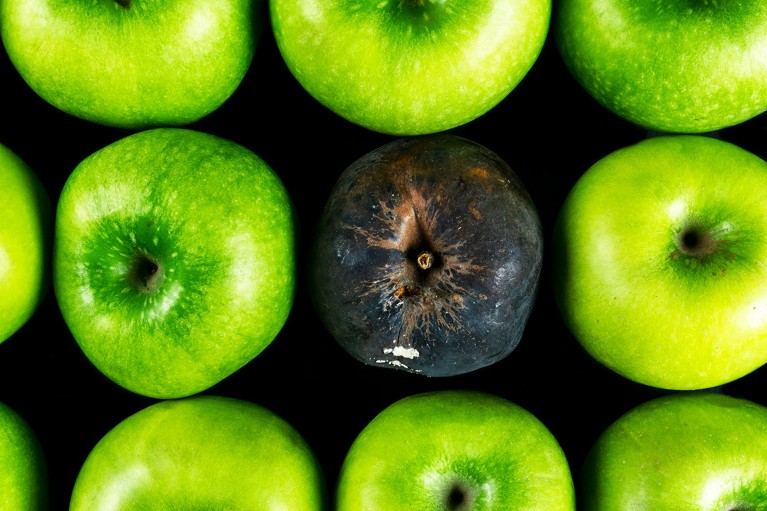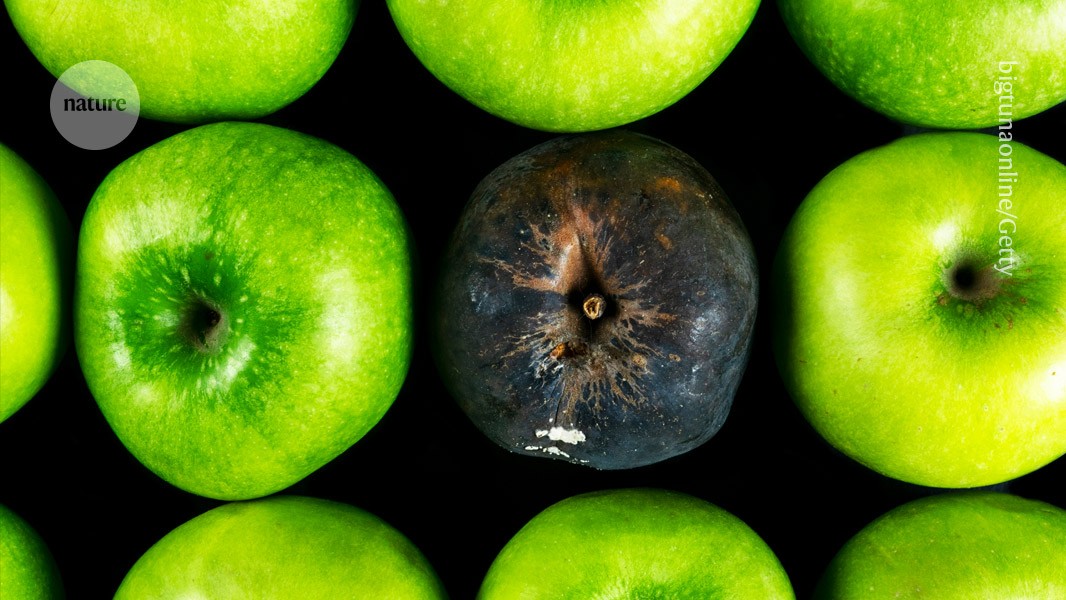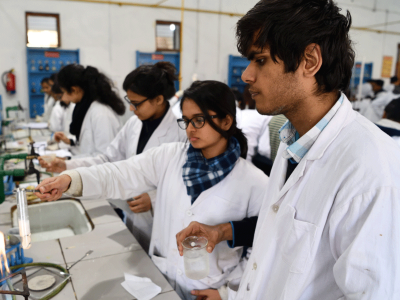
Credit: bigtunaonline/Getty
In 2018, a relatively unknown X (formerly Twitter) account began quietly posting about instances of predatory publishing in academia. To avoid controversy, the owner of the account, called Publishing with Integrity, chose to stay anonymous — until August, when he revealed himself as Graham Kendall, a computer scientist and deputy vice-chancellor at MILA University in Nilai, Malaysia.
Kendall became interested in the phenomenon of predatory publishing after seeing Jeffrey Beall’s work in blogs and papers about a decade ago. Beall, a former librarian at the University of Colorado Denver, maintained a public list of predatory journals and publishers on his blog. By the end of 2016, it contained more than 1,000 publishers.
Beall shut down his list in 2017, citing pressure from his employer and publishers. Kendall started his anonymous account a year later and has been posting about predatory publishing ever since. He spoke to Nature Index about why he’s gone public, and the challenges of mitigating unethical publishing practices.
What is Publishing with Integrity?
Publishing with Integrity was initially set up to report on, and try to address, the issues posed by predatory journals and publishers. It quickly became apparent that this was the tip of a very big iceberg, and there are many other challenges that need to be addressed, including paper mills, which churn out fake papers to order; buying and selling authorships; and, in the past few years, the challenges posed by artificial intelligence, especially large language models that can generate hundreds of articles in a matter of minutes.
The goal of my platform is twofold: first, to educate others about how to deal with these challenges, and second, to publish my findings and encourage others to do so in the peer-reviewed literature. The long-term vision is to eliminate unethical practices. That is probably not possible, but any progress should be welcomed.
Why did you choose to be anonymous — and why go public now?
My decision to be anonymous was because of what Beall faced. Publishers who disagreed with being on his list would write to him or contact senior colleagues, including the chancellor, at his university. I didn’t want to expose myself to the same level of abuse, or subject my university to being approached by publishers that felt I was being unfair.
2024 Research Leaders
I didn’t know any other predatory-publishing ‘sleuths’ when I began. So, I decided to remain under the radar, at least until I got some traction and people could see what I was doing. I set the goal of going public once I reached 10,000 followers on X. That took a long time, but I think I made the right decision to stay anonymous for a while. Now that my name is public, people can see the messages I put out, they can see the papers I’ve written and they can decide whether they trust what I say.
My going public has been fairly well received, with a lot of support on X from my followers. That’s not surprising, because I’m preaching to the converted. I haven’t had any real flack yet, and I’ve heard absolutely nothing from publishers, although I’m expecting that might come.
How has predatory publishing changed since you started the account?
First, I think the term predatory publishing doesn’t adequately capture the scope of what we’re now facing. For one thing, there’s no single definition that everybody agrees on, and there are many other areas which might be a larger threat to the scientific archive. I think “unethical publishing” better captures these challenges, with predatory publishing being just one of them.
I think the situation has gotten a lot worse. Artificial intelligence has blown the world apart in lots of ways, but certainly in publishing. Papers and peer-review reports can now be easily generated and passed off as original work.
In my opinion, the only positive change is that more people are getting interested in trying to uncover unethical publishing practices. Dutch microbiologist Elizabeth Bik, now a scientific-integrity consultant in San Francisco, California, probably leads that charge, but there are lots of sleuths out there doing work.
What do the next six years look like for Publishing with Integrity?
I want to produce more evidence-based papers and publish them in the peer-reviewed literature, and I want to encourage more people to do the same. I never want to point the finger and say, “This journal is predatory.” That’s essentially what Beall did, and that’s where he ran afoul with publishers. I’ve never spoken to him — but I’m sure that wasn’t his intention. His list was welcomed by many, but was also criticized: some felt that the process he adopted was subjective and not transparent, because only one person was deciding whether to add a journal or publisher to the list.
I do not want to maintain a list. Rather, I want to present evidence so that others can use when deciding whether to submit an article to a given journal. In the future, I plan to make this evidence searchable on the Publishing with Integrity website, rather than just reporting instances of unethical publishing on X.
This interview has been edited for length and clarity.
Nature Index’s news and supplement content is editorially independent of its publisher, Springer Nature. For more information about Nature Index, see the homepage.



